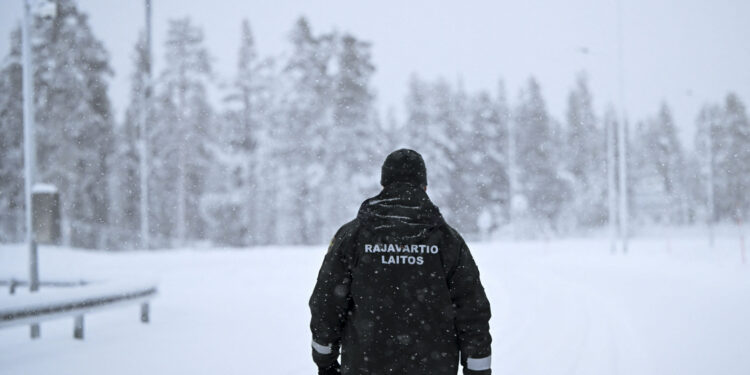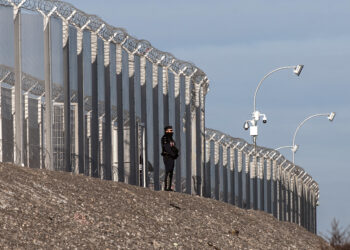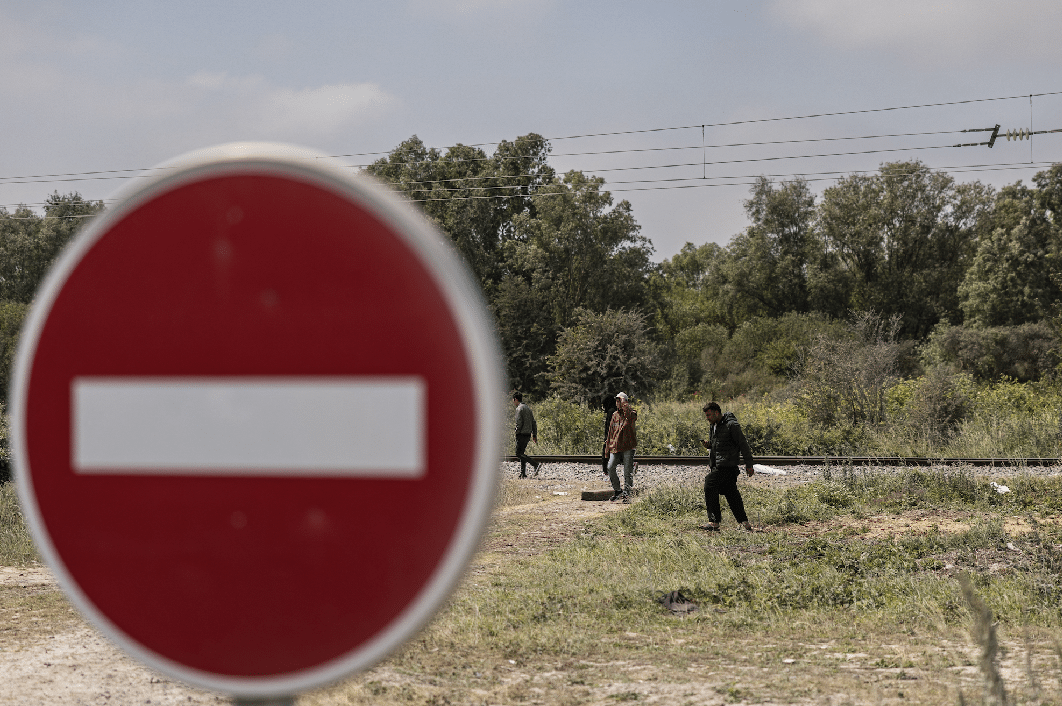From the correspondent in Strasbourg – It was a matter of time, but the ways and especially the reactions of the European Commission indicate that the wind is changing on the issue of migration, and hardline EU member states such as Finland are not so isolated in Brussels. The Eduskunta (Finland’s single-chamber parliament) has passed a new law that aims to block the arrival of migrant people from Russia, legalizing what is illegal under EU law: pushbacks, the refoulement of people with international protection rights to EU borders. But at the moment, the EU executive is taking time to “study carefully” the Finnish law, and today (July 15), under pressure from the press, the chief spokesman, Eric Mamer, said that “we have to take into account the situation on the border with Russia, where there is an instrumentalization of migrants.”
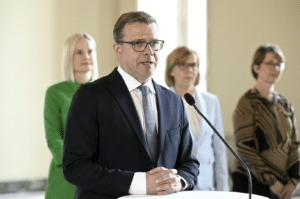
Finland’s parliament’s green light for the “exception law” that suspends asylum procedures for people arriving from Russia came last Friday (July 12). It is an ad hoc exception to the Finnish Constitution in case of “national emergency,” justified by the right-wing government led by Petteri Orpo by the fact that “we have seen Russia using migrants as a tool of hybrid influence since the end of last year.” After starting to build a barbed wire barrier along one-fifth of the 1,340-kilometer border, since November 2023, Finland closed four of nine border crossings with Russia and in April announced it would extend the measure indefinitely due to the growing number of arrivals from countries such as Yemen, Syria, and Somalia.
“This law severely undermines access to asylum and protection from refoulement in Finland; not only undermines the rights of people seeking safety but will also lead to arbitrariness and violence at the border,” attacked Amnesty International’s deputy Regional Director for Europe, Dinushika Dissanayake: “Such a law should never have been passed, it calls into question Finland’s commitment to the rule of law.”The European Union has enshrined in its founding Treaties the right to asylum and international protection, outlawing the principle of non-refoulement: “The Union shall develop a common policy on asylum, subsidiary and temporary protection, aiming to offer appropriate status to any third-country national in need of international protection and to ensure compliance with the principle of non-refoulement,” reads Article 78 of the Treaty on the Functioning of the European Union (TFUE). “Allegations of serious human rights violations upon refoulement must be investigated, regardless of how people reached the territory,” affirmed Amnesty’s deputy regional director.
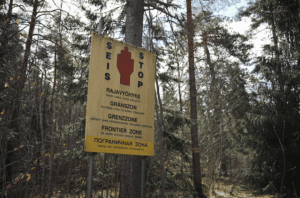
“We are not going to get into a debate on this. National laws must be compatible with EU laws,” tried to cut short EU Commission spokesman Mamer, but not confirming Finnish Prime Minister Orpo’s words that “the Commission is strongly in favour of maintaining border security; an uncontrolled entry route such as the Mediterranean one is not desirable even in the north.” In any case, Mamer wanted to clarify that “member states have the right to protect their borders; we are not in a business as usual kind of procedure,” referring to the issue of the instrumentalization of migration. An issue that has been grafted into the EU narrative on migration since the summer/autumn of 2021, when the self-proclaimed president of Belarus, Alexander Lukashenko, had implemented a policy—described as “hybrid warfare” by all EU institutions—to actively facilitate travel for citizens of Middle Eastern countries and from sub-Saharan Africa to Minsk and from there to EU borders. Since last year, the Russian autocrat Vladimir Putin has been doing the same, according to reports from authorities in Finland.
Just two months ago, 15 governments (including Finland and Italy) asked the EU Commission for “new solutions to deal with irregular migration in Europe,” including more strengthening of the new legal framework on the instrumentalization of migration with “appropriate and effective tools and measures so that member states can act quickly.” The reference is to the Regulation for Crisis, Instrumentalisation and Force Majeure, a part of the Migration and Asylum Pact legislation that identifies instrumentalisation when “a hostile third country or non-state actor encourages or facilitates the movement of third-country nationals and stateless persons” to EU external borders “to destabilize the Union or a Member State,” putting “at risk the essential functions of a Member State.” According to the new common legislation on migration and asylum, more restrictive measures could be introduced in this scenario, but under no circumstances would pushbacks be possible. “This law is inconsistent with the recently passed EU Crisis and Force Majeure Regulation, it goes beyond all powers granted by EU law,” Amnesty Deputy Director Dissanayake also made clear.
English version by the Translation Service of Withub